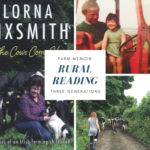
To self-publish or to seek an agent and a publisher? Which is the best route? It’s a question that many writers, myself included, often ask and I’m going to attempt to answer it.
I self-published my first three books. I hadn’t planned to write a trilogy but that’s how it worked out. They focused on farming, using tongue-in-cheek humour to reflect on farming life past and present. All are non-fiction. I didn’t try to find a publisher. I decided to self-publish as they were so different to anything else out there, I guessed it would take me a long time and I’m not very patient. I wanted to write it, publish it and let people read it.
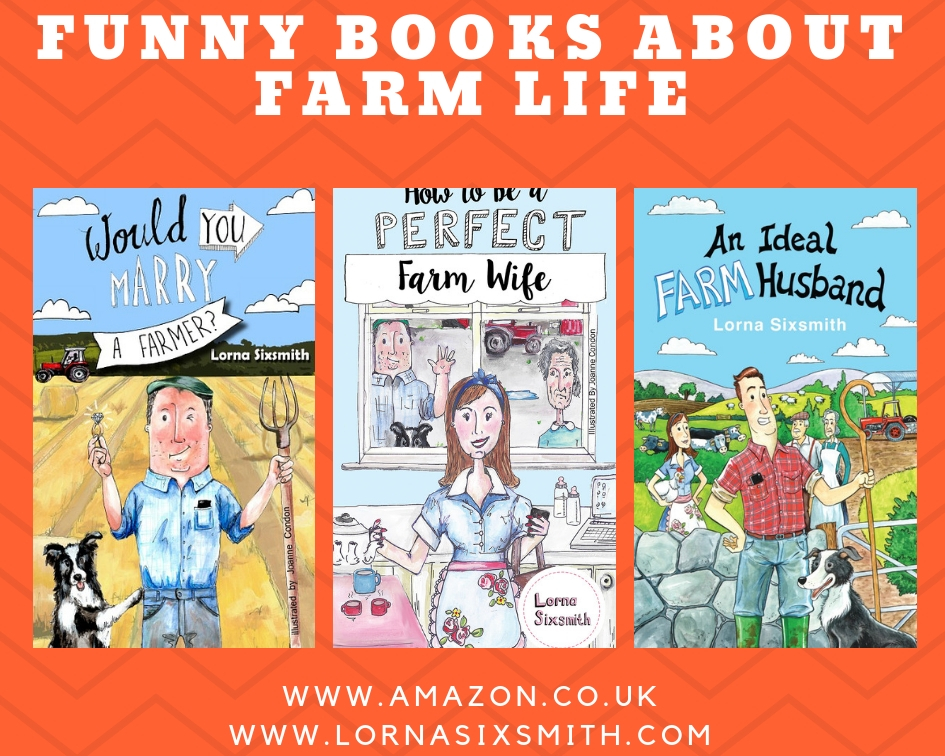
In March 2017, I signed with The Rights Bureau. The plan initially was to see if any publishers abroad might be interested in the self-published books, and then we decided to pitch three non-fiction ideas to publishers. Black and White Publishing commissioned a memoir entitled Till the Cows Come Home. I finished it by Christmas 2017 and it was published in May 2018 so quite a quick turnaround as well.
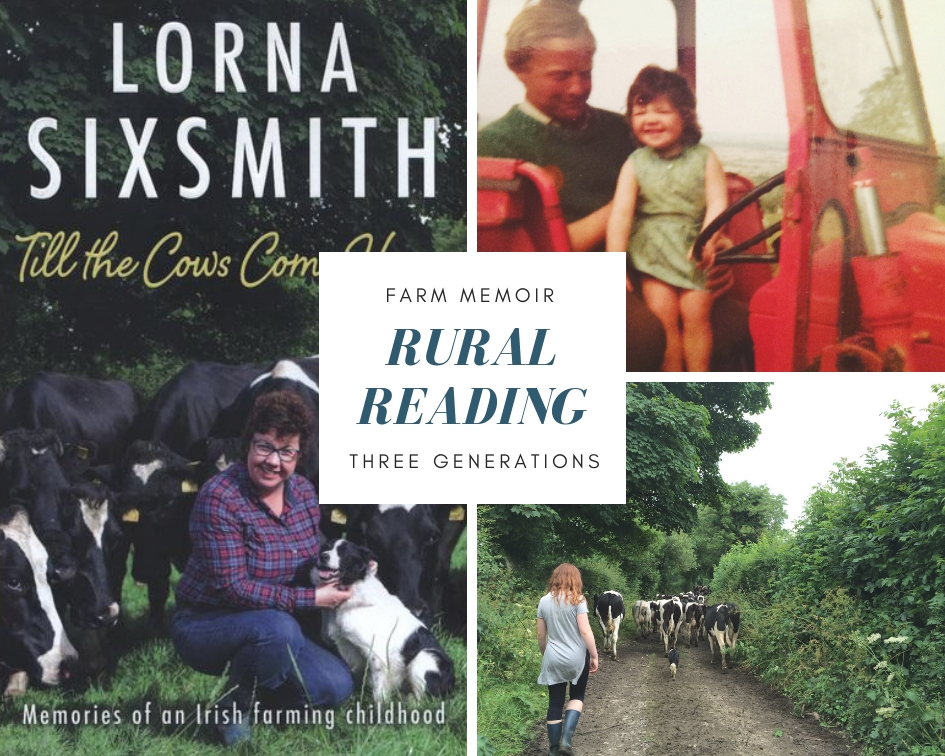
Writing the Books
I’m the kind of person who will procrastinate forever if I don’t have a deadline but once I have a deadline, I will focus and burn the candle at both ends if necessary. I find I write best under pressure too. It’s not ideal but it’s how it works for me. I ran a crowdfunding campaign for my first book and promised pledgers they would have the book for Christmas. That gave me my deadline and as it happens, it was five years ago last week that 1000 copies of Would You Marry a Farmer? were delivered to my hall. Having pre-sold 230 copies meant I had the confidence to print a thousand copies. I guessed, rightly as it turned out, that my books would sell better as paperbacks than ebooks. My second and third books were launched at the Ploughing Championships in September 2015 and September 2016, so those events served as deadlines too.
My publishers provided the deadline for my memoir. In hindsight, it was probably a bit tight but I was determined to get most of the editing done before the calving started! In that way, the writing for all the books was similar in that I had the deadline fixed in place. I was never in the situation of writing a whole manuscript and then sending it out to agents / publishers.
In many ways, the writing procedure was similar for both in that I wasn’t writing with no end date in mind. While it was an advantage in many ways, I do feel now that I want to take my time over the next book and give myself at least a year to write it.
The Editing
I hired my own editor for my first books. I formatted my first one on my own and gained a lot of grey hairs! For my second and third books, Sally Vince edited, proofread and formatted it. Having an editor who you trust and who works well to a tight deadline too means it’s a fairly straightforward process and makes life a lot easier.
I had two editors for my traditionally published book. A copy editor gave it a ‘going over’ and then I worked with another editor on all other changes.
The process was remarkably similar. Many editors work with self-published authors now and can guide them through the process. It is important to book your manuscript in with an editor in advance though, don’t expect them to be available next week or next month.
Creating the Book (and book cover)
Self-published: I hired an illustrator for the book cover and for about twenty black and white illustrations inside each book. Naas Printing print a lot of books so I was able to visit and examine many of their books, deciding on size, paper quality and colour, font, font size and more. They were very helpful and professional. I felt proud of my finished books, knowing that they could sit on a shop bookshelf and not stick out like sore thumbs alongside traditionally published books. It always delighted me when an interviewer asked who published it, not realising it was a self-published book.
Traditionally Published: There are a few things I hate in books: font that is too small, font that is too large with lots of white space, shiny covers, floppy covers, poor paper quality … and I have to admit I did go to my bookshelves to check out any Black and White Publishing books. I needn’t have worried at all. They really put 110% into the book. We had three different drafts of the front cover. The first was a graphic illustration, the second draft was a photo of my daughter (this ended up as the back cover) and while I was initially horrified at the idea of having a photo of me on the front cover, I could understand their reasons as it is a memoir. Although I cringed a lot at first, to be honest, I don’t even see myself on it anymore. The publishers opted for a hard cover with a matte dust jacket. There’s a black and white subtle and attractive cow print inside the cover leaf. The paper quality is excellent and I really like the font. They included pages of photographs. I am really happy with it. They did a great job.
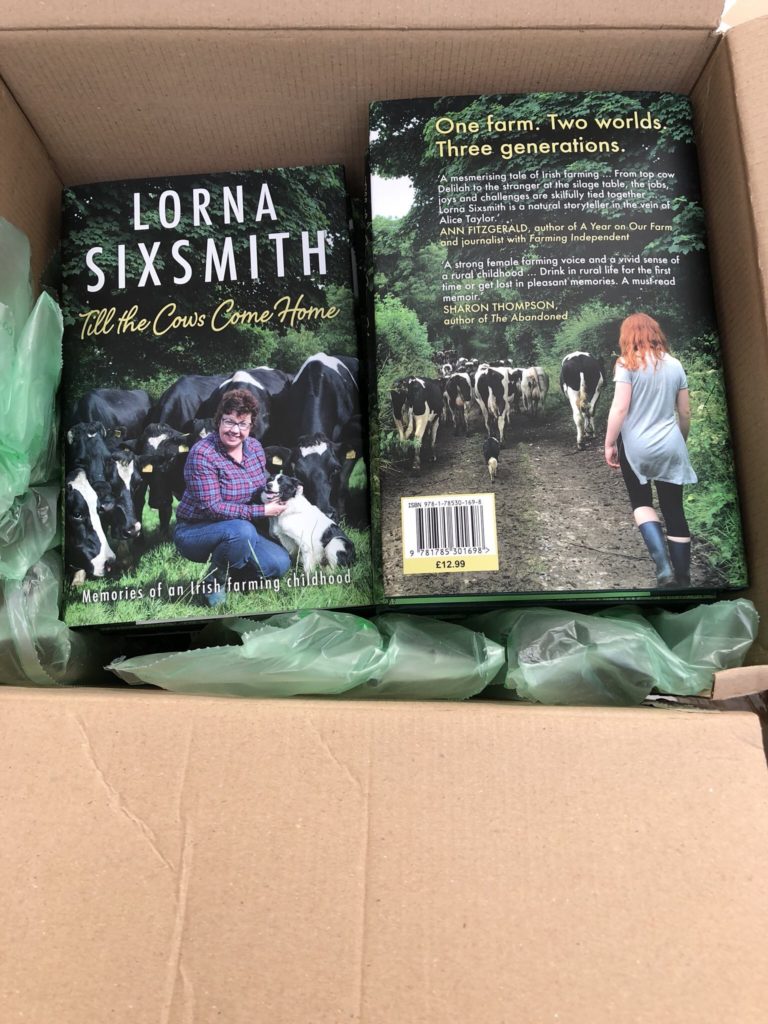
With both systems, I had a really good team around me which made all the difference. My publishers put a lot more work than I would into ensuring everything was perfect and I salute them for that. I’m more of a ‘it’ll be grand’ kinda gal. If you’re the kind of person who wants full control over your book cover design though, best to stick with the self-publishing route. My publishers always asked for my opinion and took my thoughts on board but I knew they had the final say. I’d never have put a photo of myself on a self-published memoir even though I understood their reasons for doing so.
One difference between the two routes was that my publishers didn’t go as tight to the deadline as I did! We had time to get the book out to some writers and journalists in order to get their thoughts on it. Two endorsements were printed on the back cover with all others going at the start of the book. However, having already written three books, I had forged relationships with journalists and other writers, and this meant that most of the people I asked said yes to reading it and following up with an endorsement within a short time frame.
The Book Launch
Self-published: I took the easy option with my first three books. I didn’t have a launch for my first book. I’d already pre-sold some and time was against me with it being so close to Christmas. While it was being printed, I was busy getting the ebook organised. Two years later, How to be a Perfect FarmWife had an unofficial launch at the Ploughing Championships. I didn’t get anyone to launch it, simply had it for sale there, sent out some press releases, got some interviews and newspaper reviews. As both Irish wholesalers took it, it was available in all Irish bookshops. I had a low-key launch on Facebook the following week whereby I had a day of competitions and fun posts going up every hour. ‘The Farming Independent newspaper launched my third book and gave me space to sell it at their stand. It was a fairly informal affair and as I had radio interviews lined up over the three days plus there was a full page feature in the paper that week, I was very happy.
Traditionally Published: I love attending book launches, meeting the author, buying the book, chatting to other writers there, it’s always a really nice evening and I don’t get to as many of them as I would like. However, the pressure of wondering if anyone is going to turn up at your own launch is nothing short of horrible. Lots of people send their apologies earlier on the day which makes you think that there’s going to be no one there. Add to that the fact that 2018 was a really busy spring with the long winter meant that at one stage, I was wondering if I was going to get to my own launch. And yes, we were late. I definitely decided that autumn launches were going to be my norm from now on.
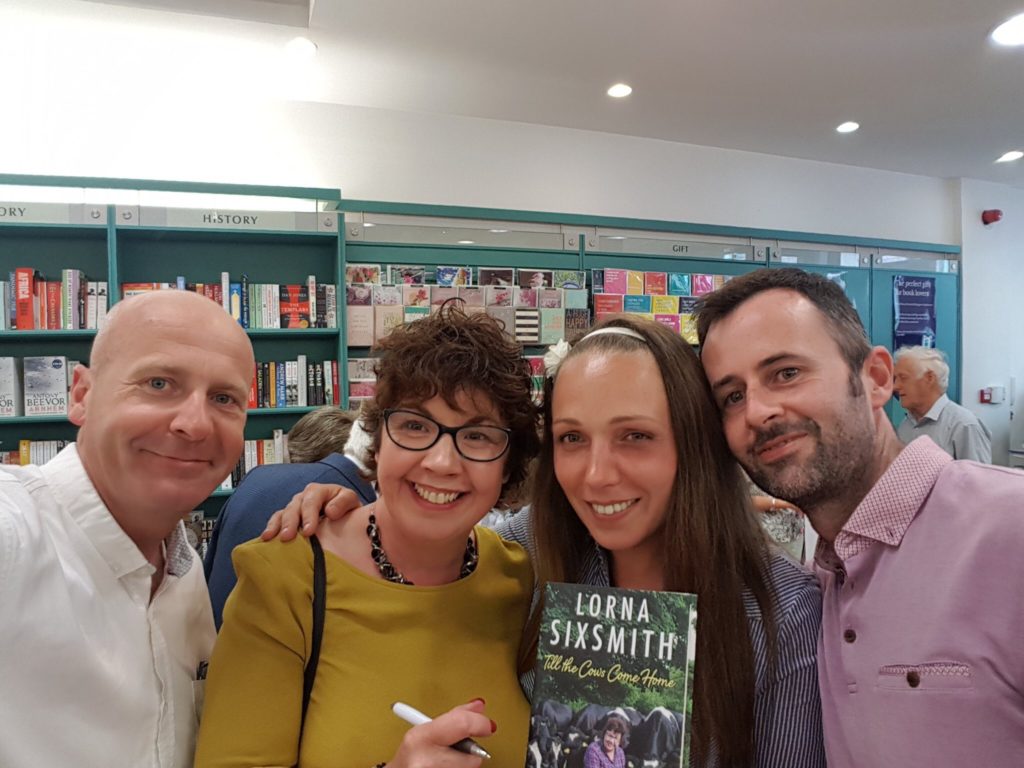
The launch was a lovely event, there was a great buzz and atmosphere and it was lovely to see friends I hadn’t seen for some time but for me, give me the Facebook launch any day! I know the launch is supposed to be the celebration of all your hard work and people coming to it enjoy the event but …. I reckon that I’m becoming more of an introvert with each year of farming!
Therefore, is there much difference between the two situations of being self or traditionally published? The traditional route will get you more kudos, more chance of getting press there and the publishers should organise the event and provide the drinks but it’s nothing you can’t organise yourself. Do tell the local press about it in good time for more chance of them sending a photographer.
Publicising your Book
A lot of people think that you need a publisher, a traditionally published book and a media team behind you to get publicity. Yes, it definitely helps but it’s very possible to get good press and reviews with a self-published book too.
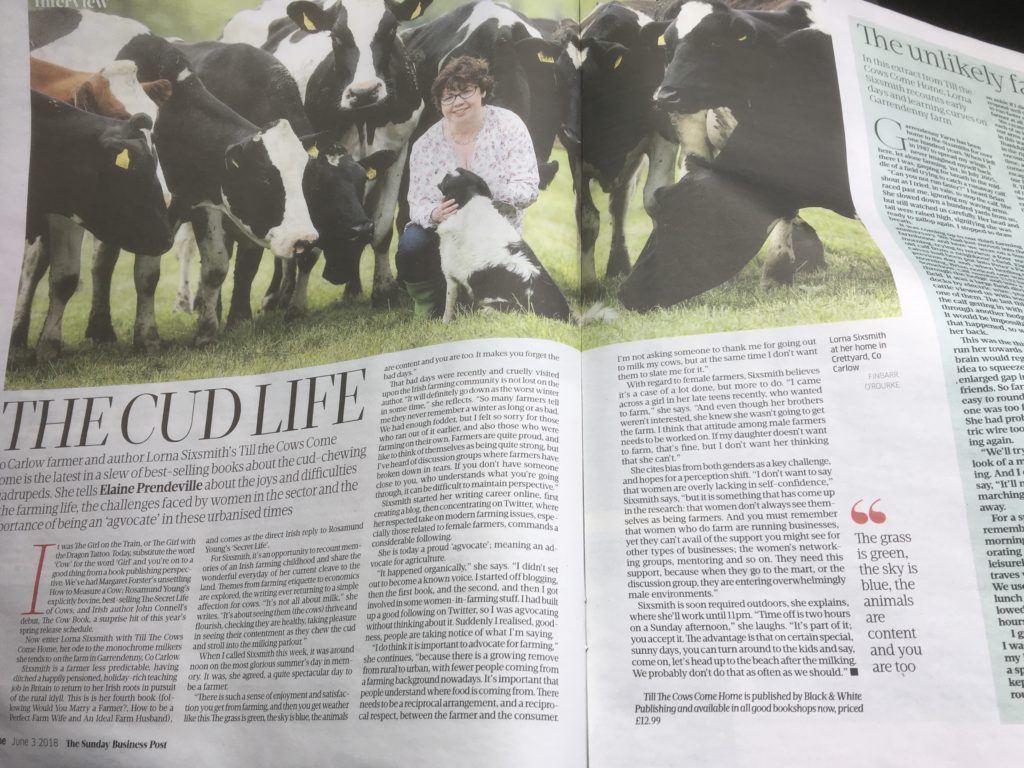
I’ve heard other authors say that their publishers did a great job on the PR for the first couple of weeks and then, as they moved on to their next authors’ books, they were on their own. To be honest, I did very little publicity work for my memoir. It was such a busy summer with the drought and being busy just seemed to spread into the autumn too. During May and June, I suggested publicity opportunities to my publisher and they pitched the ideas. It was great because I found with the self-published books, that I often didn’t have the time to follow my ideas through with a pitch and felt frustrated with myself. The publishers knew the contacts for each publication too. I did get articles in magazines I hadn’t been featured in before, for example, The People’s Friend.
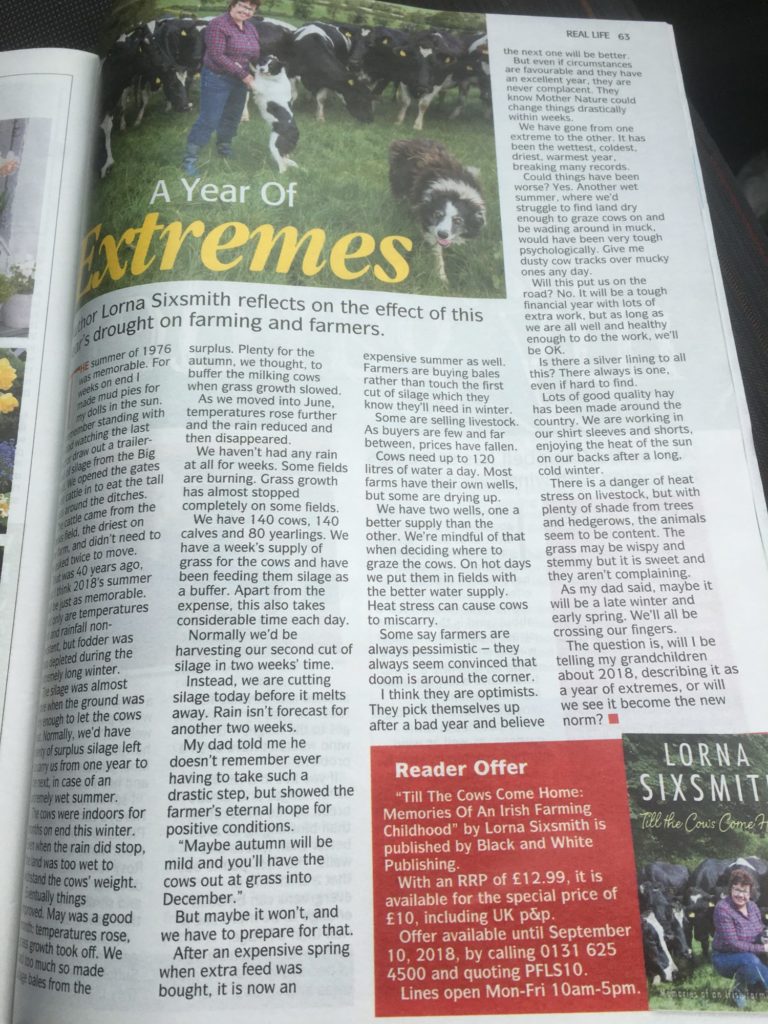
I was always pleased with the press I received with my self-published books. It is now five years since my first was printed and I couldn’t believe that within two weeks of publishing it, I was interviewed by Ryan Tubridy. I’ve had features and reviews in the Farming Independent, Irish Independent, Horse and Countryside, Today’s Farm, The Scottish Farmer and more. I was interviewed on the Six O’Clock Show and Ireland AM. My most successful press release was entitled ‘Five ways to attract eligible farmers at the Ploughing Championships’ and it garnered eight radio interviews – I never talked so much about what wellies one should wear! And that’s the most important thing about getting publicity – it usually isn’t enough to say ‘X has published a book’. The press release needs to contain something relevant and interesting such as the book’s theme (homelessness and depression seem to be quite successful at the moment for example as they are topical). You can understand now why I timed my launches for the Ploughing Championships – it’s the one week of the year when the media focuses on farming so they are looking for something fun and interesting.
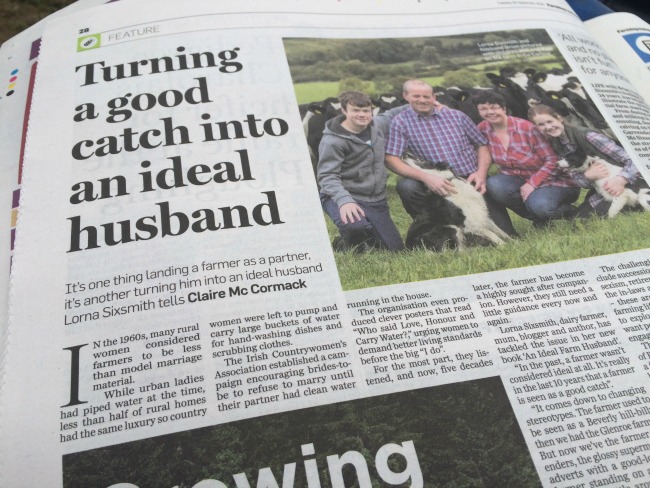
So did I get reviews and features for my memoir that I wouldn’t have achieved with a self-published book? Yes. For example, I was featured in Sue Leonard’s Beginner’s Pluck in the Irish Examiner and got a nice double spread in the Sunday Business Post. Having said that, I was featured in the Farmers Guardian, NFU Countryside magazine and The Scottish Farmer the year before with my third book so I knew it was going to be hard to get featured again so soon. I was delighted when the Farmers Guardian reviewed my book with four others.
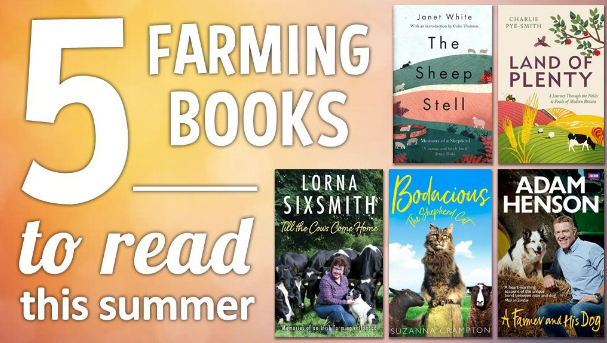
To summarise then, having a publisher does make it easier to get publicity but to get publicity past the first couple of months, you need to put in the effort yourself in any case (unless you win awards of course).
What’s the most enjoyable? I always enjoyed the buzz of getting some press when I had achieved it on my own. It didn’t quite have the same satisfaction with the latest book. But maybe that was always because life was so busy and I had other things on my mind. It’s not easy to keep the momentum up and I’m conscious I’ve let it slip recently but there’s no point in beating myself up about it.
Book Sales
How did the sales compare? I can’t tell you that yet I’m afraid as I won’t know till the next royalty cheque arrives which will be next March. Sales were good in the first month (book was launched on 30th May, calculations are made on 30th June and 30th December with payments coming three months later) but beyond that, I don’t have any information. Unless your book is in the bestseller lists each week, most authors have to wait for that information to come in on a six monthly basis.
I do miss having that information. I enjoyed the buzz of getting some press and seeing a surge in sales both from my website and from Amazon. The wholesaler orders would come in then too. As I got my books into all Irish bookshops via the two main wholesalers, it was a huge advantage in terms of giving the books kudos and gaining more sales. Excluding Amazon paperback sales, I’ve sold about 6,500 copies of the three books (ie the ones I got printed with Naas Printing). Besides Irish bookshops and my website, I also stocked giftshops and UK farmshops.
Having your book published by a UK publisher doesn’t mean that your book will be stocked in all UK bookshops. It will be available so they can order it but unless it’s getting significant press, it’s a tough gig.
The Finances
The financial situation is very different. For the self-published books, I paid for editing services, illustrations, cover design, formatting for the ebooks, and of course as I knew the paperbacks would sell better than ebooks, the printing. All of which has to be paid in advance of sales so it does take quite a bit of investment. I get income every month from the three books though it varies from month to month.
In comparison, I got a fairly good advance for my memoir (and delighted to say that I know I’ve earned out my advance) but I won’t see any other income from it until March 2019.
My income from copies sold varies between the self and traditionally published. I make approximately €3 per self-published book but less than €1 per traditional book so I need to sell three times as many for the same income but then, I don’t have to put up any capital for producing it or take any risk regarding having copies left in my attic for evermore! It’s also my own decision regarding whether I decide to do a reprint or not whenever they are all sold out..
Which is best?
That’s the six million dollar question and impossible to answer. In reality, whether your books are self-published or traditionally published, writing a book isn’t just about the writing. It’s a business. All authors need to market their own books. If lucky / successful enough to have a publisher who is continually managing the marketing, those writers are going to be busy doing talks and signings and interviews all over the place. It may sound wonderful when you read it quickly but if your favourite part of writing books is tapping away on your laptop and you’re an intervert, then it may not be quite as enjoyable as you might think.
What’s my favourite part of producing a book?
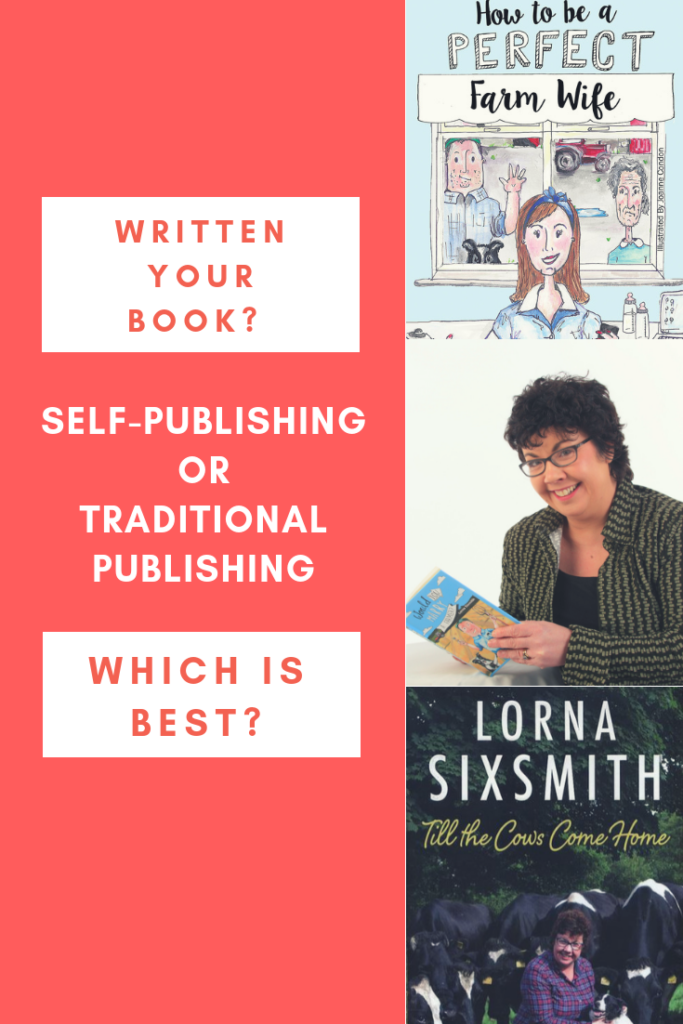 Oh, gosh, I do have days when the last thing I want to do is write but once I settle with a cup of tea and a slice of cake, I always enjoy it. Whenever I got writer’s block, I used to tell myself I was just writing a blog post and then I could hammer out 2000 words fairly easily. I get a buzz from getting an interview after sending out a press release and I miss that I haven’t had the time or energy to do that recently. Being a hybrid author is the best of both worlds really and whenever the next manuscript is written, it’s going to be fun deciding which way to go.
Oh, gosh, I do have days when the last thing I want to do is write but once I settle with a cup of tea and a slice of cake, I always enjoy it. Whenever I got writer’s block, I used to tell myself I was just writing a blog post and then I could hammer out 2000 words fairly easily. I get a buzz from getting an interview after sending out a press release and I miss that I haven’t had the time or energy to do that recently. Being a hybrid author is the best of both worlds really and whenever the next manuscript is written, it’s going to be fun deciding which way to go.
Some people have been asking if I’m working on another book. Not at the moment. When I look back on my career, I’ve tended to change careers approximately every five years. I’ve had five years now of writing non-fiction so maybe it’s time to write some fiction. While I was thinking that I’d pitch some nonfiction ideas (and maybe after I’ve recharged batteries over Christmas and a holiday), I still might do so but I’d like to have a go at writing a novel. I’ve got some ideas, it’s a case of getting some time and getting my ass into a chair and staying there!
The big question is – will I self-publish it or try to find a publisher? I will try to get a publisher but I doubt I’ll have the patience of so many writers who spend months and years submitting. If I feel proud of it and think it’s a good read (I’ll be seeking the advice of my editor on that and yes, I will be getting it professionally edited before submitting), I will self-publish rather than trying for years on end. God didn’t bless me with patience! However, I have to write it first and I’m going to enjoy that part.
If you have any questions or comments on the process, please do comment below. I’d love to hear your thoughts.






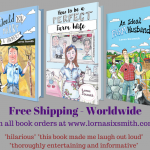
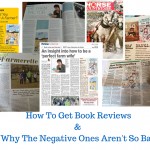
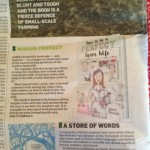
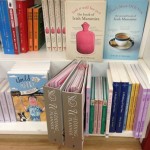

Dan Ellison
Great article. I’m going through my 1st dive into childrens books, so I read a lot of these type testimonials/articles. This is the 1st I’ve felt the need to respond to one. Yours stands out as being really well written, and you sound accessible. (not an easy feat) Great niche for your brand as well! Thanks for the experience!
Judith Robinson
Well done on an excellent informative article. I act on behalf of my husband Joseph Robinson who has had books (non-fiction) published on social history previously. The latest one is a Memoir: Sojourns in Ireland and Spain (April 2020) Amazon.co.uk Our Local book shop has taken some, supplied by me – on their advice, but how does one get books into booksellers throughout Ireland?
Any advice would be really appreciated.
Many thanks.. Judith
Lorna Post author
Hi Judith
It’s a case of either contacting bookshops individually or contacting Argosy and Easons HQ but it’s not easy to get books into the wholesalers now, especially with Covid affecting sales etc.
Grace Tierney
Good article, thank you. Great that you have tried both so can give a balanced opinion rather than promoting one versus the other. Personally, I’m enjoying self-publishing my nonfiction (“How To Get Your Name In The Dictionary”, “Words the Sea Gave Us” – about the history of unusual words) – there are extra jobs to manage but you get total creative control, but I’ve trad published many shorter pieces (fic and non, anthologies etc) so I can see the advantages there too. I agree with you on book launches – I went with an online book launch.
Lorna Post author
Thanks Grace, I think I’ll be going with the online launch no matter what route I take with the next book. Mind you, I’m so busy farming at the mo that the writing is having to take a back seat. Maybe I need those tight deadlines back!
Donna O'Shaughnessy
What an excellent post Lorna, I’ve often wondered what the best route might be. Working on my first poetry collection now and thinking I’ll go the traditional route. There are also several poetry collection contests where the prize includes not just cash, but publication with a major publishing house as well. That’s also appealing, but of course the competition is stiff. On the other hand, self publishing puts you completely in the drivers seat with all creative control, not too mention all the risk and all the expense! You’ve certainly given me lots to think about. Many, many, thanks!
Lorna Post author
Poetry tends to have a narrow audience so can be tough either way by the sounds of it. I’ve seen an increase in collections of poetry / short stories / flash fiction combined and I think they work well. I’d rarely buy a poetry collection tbh but would enjoy the mix.
BUY THE BOOKS NOW
Subscribe to My Blog Posts
Subscribe to My Newsletter
Recent Posts
Archives
Categories